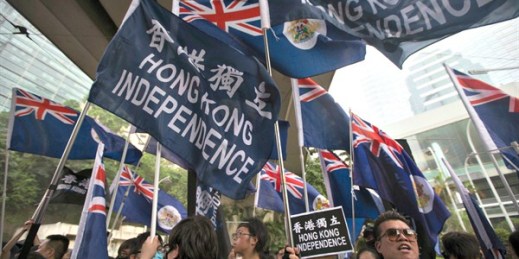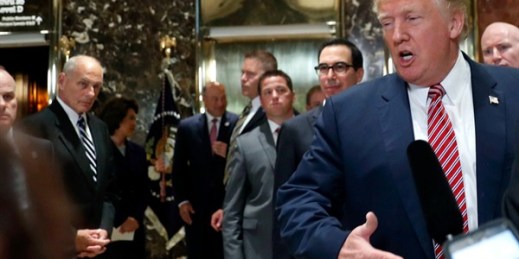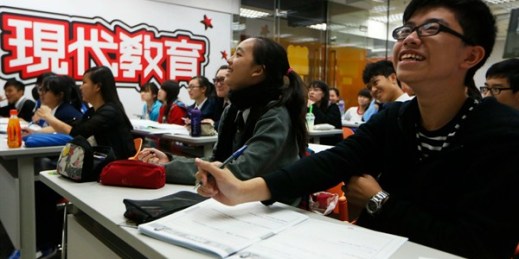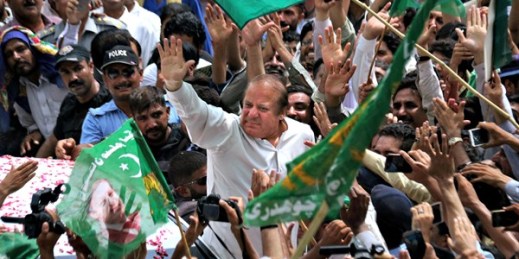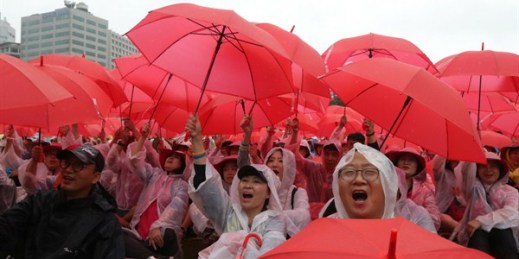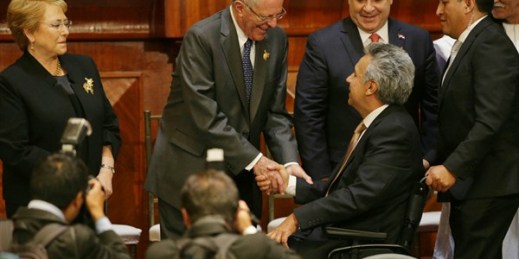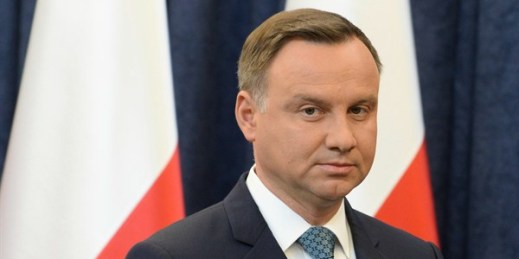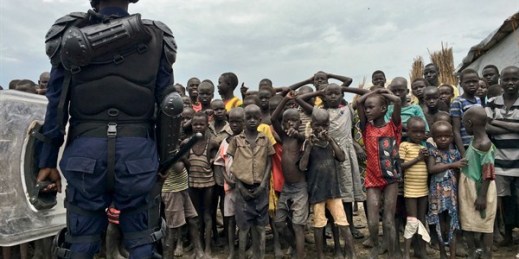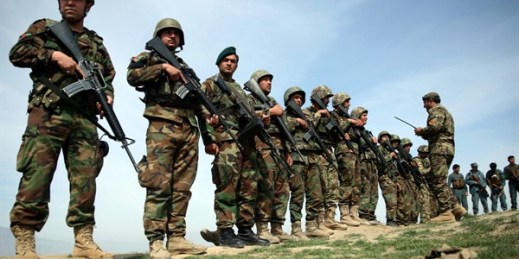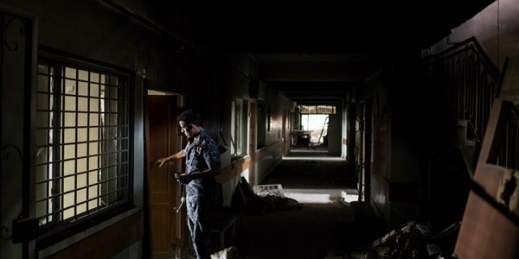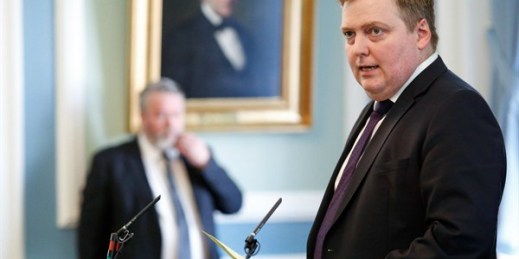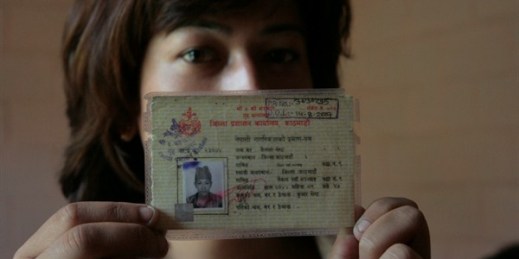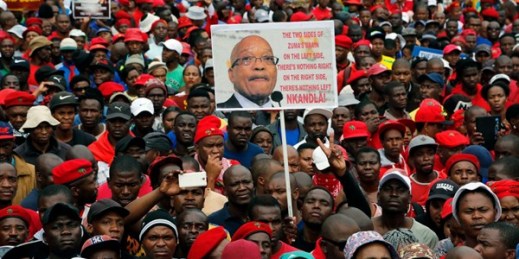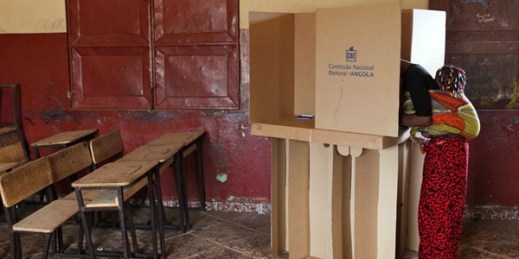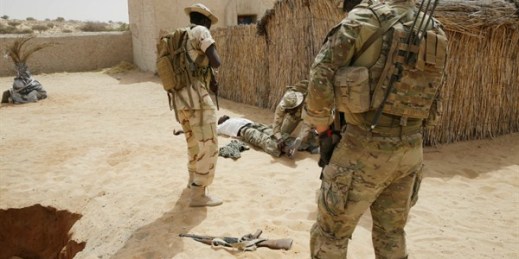
Last week, the Trump administration sent a high-level delegation to sub-Saharan Africa for the first time. U.S. Trade Representative Robert E. Lighthizer and other senior officials traveled to Togo, in West Africa, for an annual forum on the African Growth and Opportunity Act, or AGOA. Enacted in 2000, the initiative is described by Washington as the “centerpiece” of its trade relations with the region. AGOA is a trade preference program that enhances access to the U.S. market for eligible countries. Various assessments indicate that the pact has led to increases in African exports and U.S. foreign investment on the continent. […]


